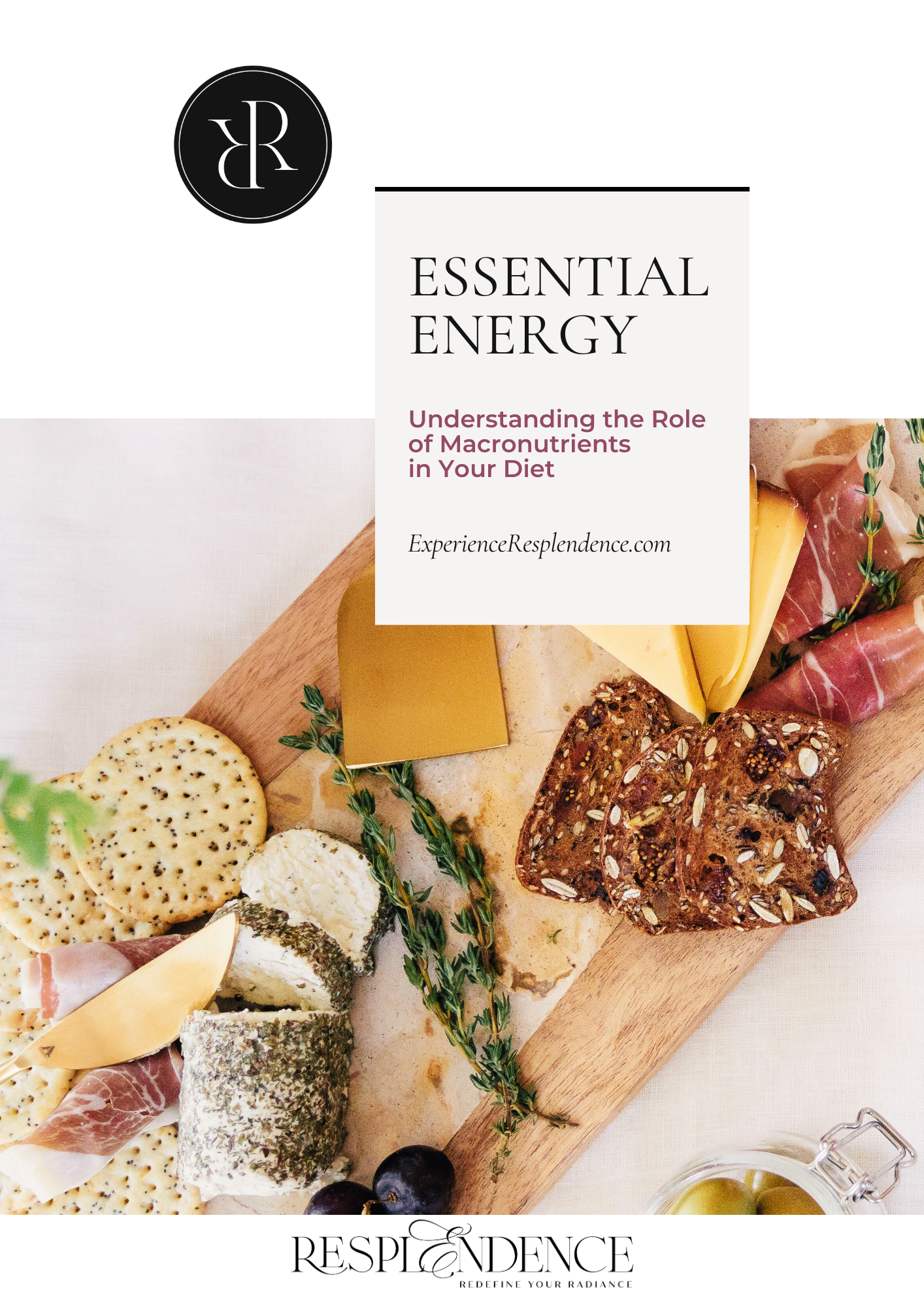Gut Health & Hormones: Why Your Digestive Issues Could Be a Symptom of Perimenopause
Bloating, indigestion, constipation—these are symptoms that, for many women, feel like a frustrating yet ordinary part of life. But if you’re approaching or experiencing menopause, these digestive issues might be more than random discomfort; they could be connected to the hormonal changes your body is going through. In fact, the link between gut health and hormones during menopause is stronger than most realize.
In this post, we’ll explore why menopause can disrupt gut health, how hormonal shifts influence digestion, and what you can do to support your gut and feel better overall. By understanding this connection, you can take control of your digestive health and make menopause a little easier.
Gut health during perimenopause is more than digestion; it’s the gateway to hormone balance, mental clarity, and lasting energy.
Understanding the Hormone-Gut Connection
Hormones are powerful regulators in the body, influencing nearly every function—including digestion. During menopause, levels of hormones like estrogen and progesterone fluctuate significantly, creating a cascade of changes that can upset the balance of your digestive system.
Estrogen: Known for its role in reproductive health, estrogen also affects the microbiome, the community of bacteria in the gut. It helps maintain healthy gut flora and regulates gut motility (the movement of food through your digestive system).
Progesterone: This hormone has a calming effect on the body, including the gut. As progesterone levels decrease, some women experience slowed digestion or constipation.
When these hormones begin to fluctuate, the microbiome can become imbalanced, leading to an increase in symptoms like bloating, gas, and irregularity. For women in menopause, this can be a frustrating and surprising new development.
Common Gut Symptoms During Perimenopause
Menopausal digestive issues can vary from mild discomfort to significant, disruptive symptoms that affect quality of life. Here are some of the most common complaints:
Bloating and Gas: Hormonal fluctuations can lead to changes in gut motility, causing food to move more slowly through the digestive tract, which can increase gas and bloating.
Constipation or Irregular Bowel Movements: With declining estrogen and progesterone, the gut may struggle to maintain regularity, leading to constipation or a less predictable digestive pattern.
Acid Reflux: Many women find that acid reflux becomes more frequent or severe during menopause, likely due to changes in the gut lining and slower digestion.
These symptoms may feel unrelated to menopause at first glance, but when we consider the role hormones play in gut health, the connection becomes clear. The key takeaway? Persistent digestive issues might not be “just a stomach problem”—they could be a sign that your body’s hormonal balance is shifting.
Why Gut Health Matters During Perimenopause
A healthy gut does more than just digest food; it plays an essential role in immune function, mood regulation, and even hormone metabolism. In fact, the gut helps process and eliminate excess hormones, making it a critical player in managing hormonal balance.
When gut health is compromised, it can become harder for the body to process hormones effectively, potentially worsening menopause symptoms like mood swings, hot flashes, and fatigue. By supporting gut health, you can help create a foundation for a more comfortable menopause transition.
Gut health is the gateway to hormone harmony in perimenopause. Support it well, and experience a transformation that radiates from within.
Practical Tips for Supporting Metabolic Functioning
If you’re dealing with persistent gut issues, there are steps you can take to improve your digestive health and ease your symptoms. Here are some practical strategies:
Focus on Fiber
Fiber supports gut motility and promotes the growth of beneficial gut bacteria. Incorporate fiber-rich foods like leafy greens, chia seeds, and berries into your diet to help keep your digestive system running smoothly.Consider Probiotics
Probiotics can help restore a healthy balance of gut bacteria, which is often disrupted during menopause. Talk to your provider about a high-quality probiotic supplement or add naturally probiotic-rich foods, like yogurt, kefir, and sauerkraut, to your meals.Stay Hydrated
Dehydration can worsen constipation and reduce overall digestive efficiency. Aim to drink enough water each day to support digestion and help your body process fiber effectively.Exercise Regularly
Physical activity helps stimulate digestion and can ease bloating and constipation. Even light exercise, like walking or yoga, can make a difference in how your digestive system functions.Manage Stress
The gut is highly sensitive to stress, which can disrupt digestion and worsen gut symptoms. Consider stress-management practices like meditation, deep breathing, or spending time outdoors to help calm your mind and, in turn, your gut.
When to Seek Help for Gut Health Concerns
While dietary and lifestyle adjustments can make a big difference, sometimes gut issues require a deeper look. Persistent, severe, or worsening symptoms may signal an imbalance that needs professional support. Functional testing can reveal specific imbalances in your gut microbiome, hormone levels, or digestion that might be contributing to your symptoms.
Taking Charge of Your Metabolic and Hormonal Health
At Resplendence, we understand the unique challenges women face during menopause. By taking a holistic approach that considers both gut and hormone health, we can help you uncover and address the root causes of your digestive issues, supporting not only your digestion but your overall well-being.
If you’re ready to feel better in your body and reclaim your health, consider reaching out for personalized guidance. Together, we can create a plan that supports your digestive health and empowers you through this transition.



